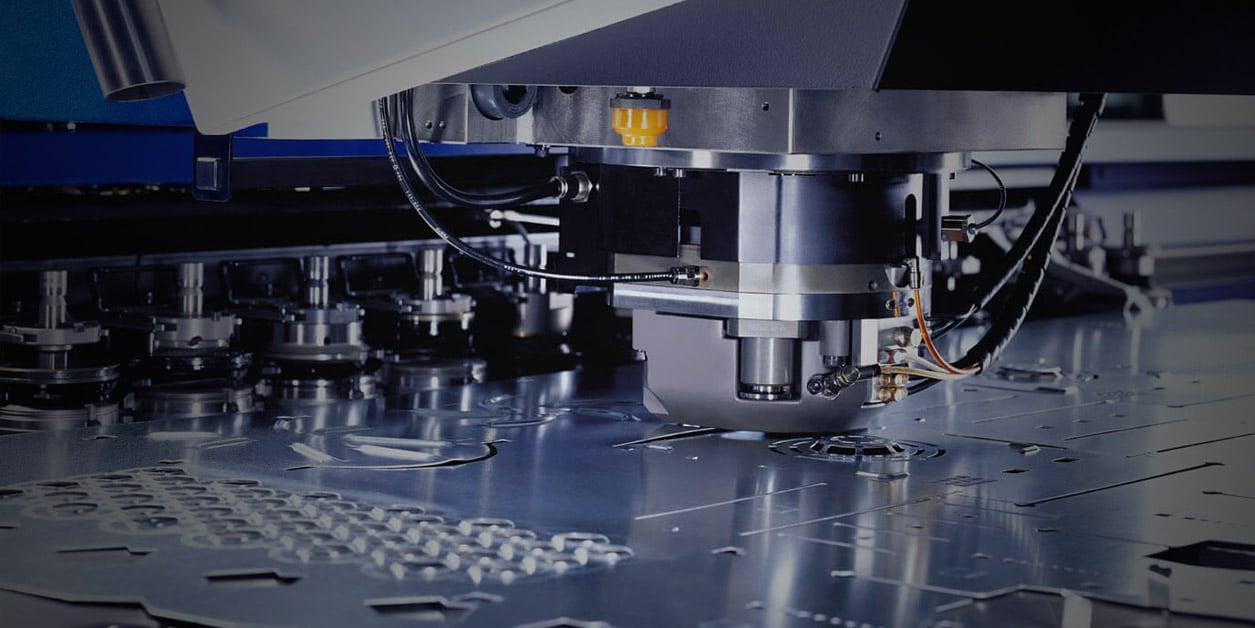Custom enclosures play a pivotal role in various industries where equipment and machinery require specialized housing and protection. These enclosures are meticulously designed to meet specific requirements, ensuring the safety and functionality of the components they house. The significance of custom enclosures lies in their ability to provide tailored solutions that standard off-the-shelf enclosures may not offer. By investing in custom enclosures, businesses can enhance equipment performance, prolong its lifespan, and maintain operational efficiency.
Types of Custom Enclosures
Materials Used in Custom Enclosures
Custom enclosures are typically crafted from a range of materials, each offering unique properties to suit diverse industrial needs. Common materials used in custom enclosure fabrication include aluminum, known for its lightweight yet durable nature; stainless steel, prized for its corrosion resistance; and galvanized steel, favored for its robustness in challenging environments.
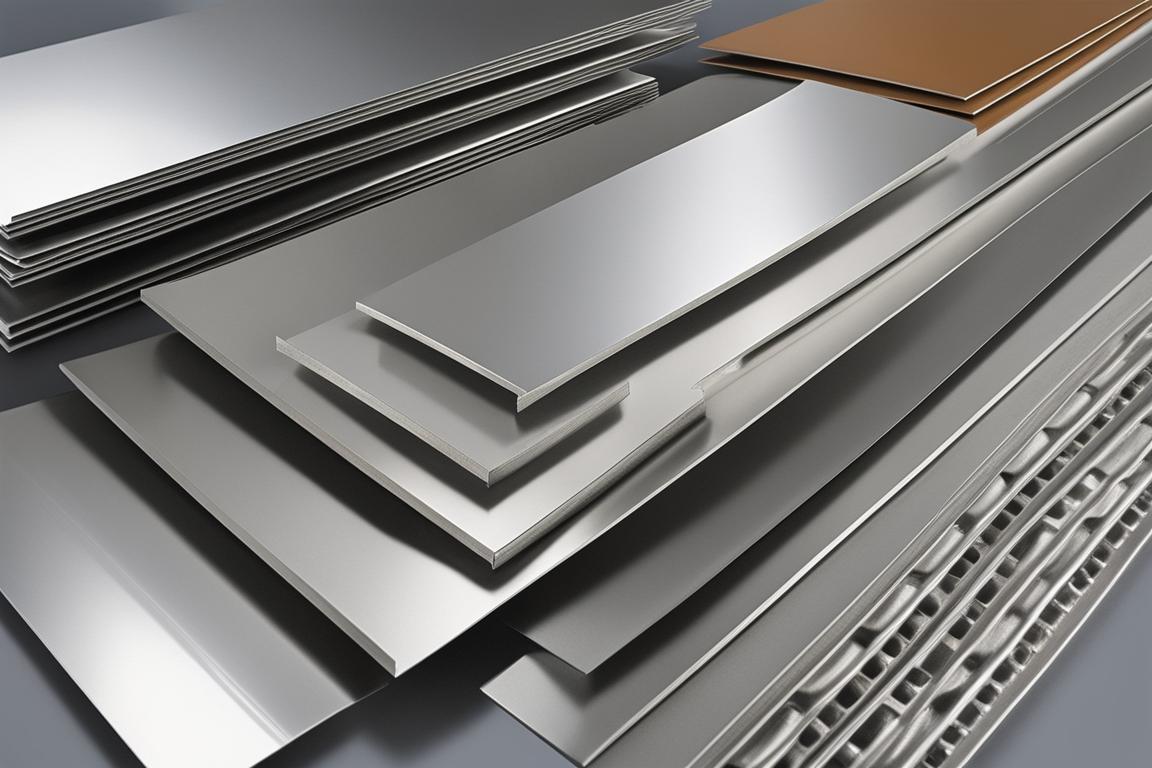
Varieties of Custom Enclosures
Custom enclosures come in various designs tailored to specific functions. Examples include rackmount enclosures for efficient equipment stacking, console enclosures for centralized control systems, and fully customized designs that cater to unique requirements. The versatility in design allows for seamless integration of equipment while ensuring optimal protection and accessibility.
Design and Engineering of Custom Enclosures
The design and engineering phase of custom enclosures is a meticulous process that involves advanced techniques to ensure precision and functionality. Computer-Aided Design (CAD) software is utilized to create detailed 3D models of the enclosure, facilitating prototyping and testing to validate the design’s efficacy. Engineers adhere to industry standards and specifications to guarantee compliance and optimal performance of the custom enclosure.
Precision Fabrication Techniques for Custom Enclosures
Fabrication Processes
Fabrication of custom enclosures entails a series of intricate processes, including laser cutting, CNC punching, bending, welding, and powder coating. These techniques are employed to shape and assemble enclosure components with utmost accuracy, maintaining structural integrity and aesthetic appeal throughout the fabrication process.
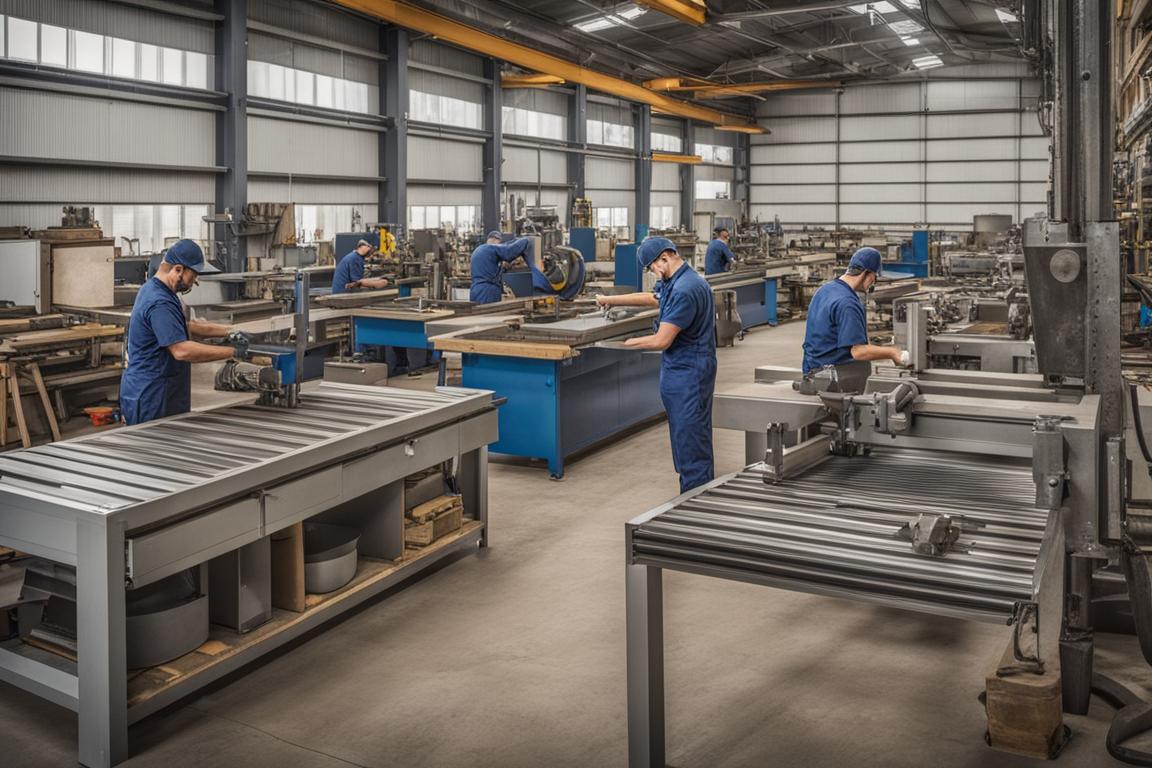
Importance of Precision
Precision in fabrication is paramount when creating custom enclosures to ensure a seamless fit, optimal functionality, and longevity of the final product. By upholding high standards of precision, manufacturers can deliver custom enclosures that meet stringent quality requirements and exceed client expectations.
Customization Options for Enclosures
Tailored Features
Custom enclosures offer a myriad of customization options to address specific needs. These options include varying sizes to accommodate different equipment dimensions, ventilation systems for heat dissipation, diverse mounting solutions for installation flexibility, door configurations for accessibility, and a range of finishes to enhance aesthetics and durability. By tailoring these features, custom enclosures can effectively meet the demands of diverse industries and applications.
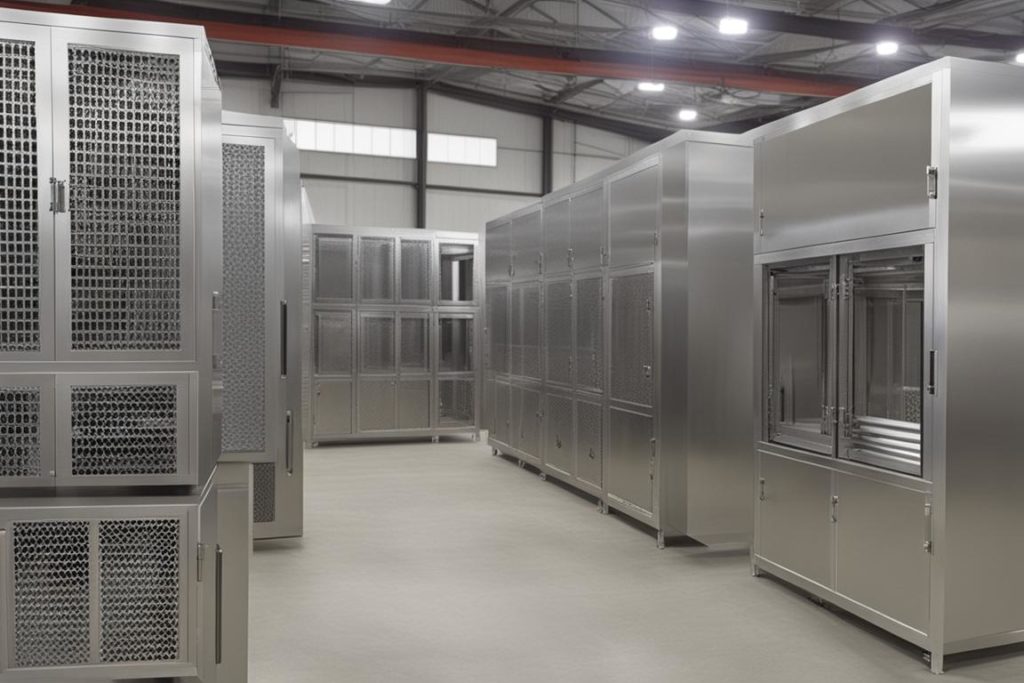
Industry-Specific Customization
Manufacturers can tailor custom enclosures to align with industry-specific requirements, such as IP ratings for environmental protection, EMI/RFI shielding for electromagnetic interference mitigation, and NEMA standards for enclosure performance in hazardous locations. Customization ensures that enclosures are optimized to function seamlessly in their intended environments.
Quality Control and Testing Procedures
Ensuring Quality
Quality control measures and rigorous testing procedures are integral to the fabrication of custom enclosures. Manufacturers adhere to industry standards and certifications to maintain quality assurance throughout the production process, from material selection to final assembly. Quality checks and inspections are conducted at various stages to guarantee the reliability and performance of custom enclosures.
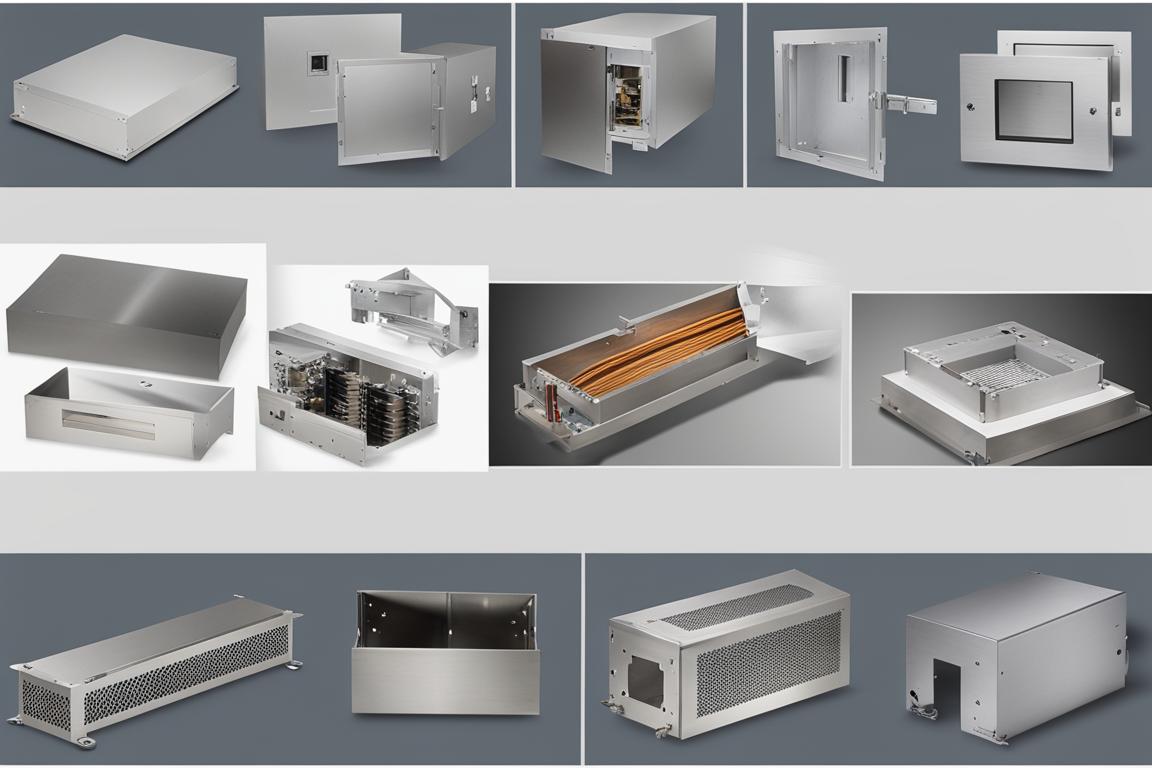
Certifications and Standards
Manufacturers of custom enclosures often hold certifications like ISO 9001:2015, indicating their commitment to quality management systems. Compliance with industry standards ensures that custom enclosures meet regulatory requirements and deliver consistent performance, instilling confidence in clients regarding the product’s reliability and durability.
Quality Control and Testing Procedures |
Applications of Custom Enclosures |
|---|---|
– Quality control measures ensure fabrication standards are met |
– Telecommunications: safeguarding sensitive equipment |
– Compliance with industry standards like ISO 9001:2015 |
– Electronics: organizing and protecting components |
– Rigorous testing procedures to guarantee reliability |
– Healthcare: optimizing equipment performance |
– Inspections at various stages of production |
– Aerospace: enhancing safety measures |
Applications of Custom Enclosures
Custom enclosures find widespread applications across industries where equipment protection and organization are paramount. From telecommunications and electronics to healthcare and aerospace, custom enclosures serve diverse sectors by safeguarding sensitive components and optimizing operational efficiency. Manufacturers tailor designs to suit unique industry challenges, providing bespoke solutions that enhance equipment performance and longevity.
Future Trends in Custom Enclosures
Technological Advancements
The landscape of precision sheet metal fabrication is continually evolving, driven by technological advancements and innovative practices. Emerging trends in custom enclosure design include the integration of smart technologies for remote monitoring, the use of sustainable materials for eco-friendly solutions, and the implementation of automation for enhanced production efficiency. These trends shape the future of custom enclosures by offering cutting-edge solutions that align with evolving industry demands.
Selecting a Fabrication Partner for Custom Enclosures
Choosing the Right Partner
When selecting a fabrication partner for custom enclosures, businesses should consider several factors to ensure a successful collaboration. Experience in precision sheet metal fabrication, capabilities to deliver complex designs, adherence to strict lead times, and a commitment to exceptional customer service are key considerations. By partnering with a reputable fabricator, businesses can access expertise and resources to create custom enclosures that meet their exact specifications and quality standards.
